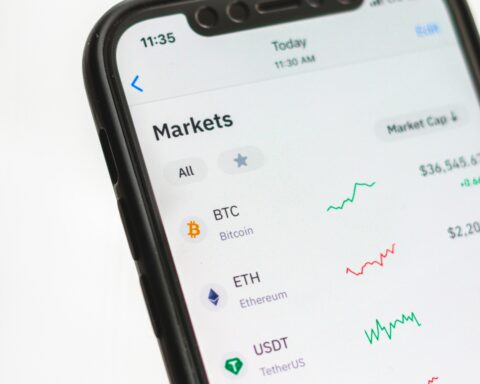
ECONOMY. “We need to get off of all of these subsidies at some point — otherwise, we’ll have a zombie economy”
Carl Bildt, co-chairperson for European Council on Foreign Relations.
Covid-19 is a hard blow to the world. According to official statistics worldwide, around 111 million people are considered infected, and approximately 2,5 million people have died.
At the beginning of the pandemic, economists spoke about the biggest impending economic crisis since the Great Depression in the 1930s. However, GDP statistics for the third quarter of 2020 show a strong recovery. For example, the growth in Germany was 8,2 percent compared to the second quarter. In France, the growth was at 18,2 percent, which is almost the whole loss from Corona.
Corporate bankruptcies in the EU diminished by on average 25% in 2020. Without billions of euro in government-supported loans and wage subsidies to keep companies floating, the number of bankruptcies would have been doubled, according to a study from the research institute National Bureau of Economic Research NBER.
Government support has certainly prevented rising unemployment, but the proportions are risking to increase the number of zombie companies. The Bank of International Settlements, an international financial institution owned by central banks, defines zombie firms as “a company that at least is ten years old, listed on the stock exchange and has interest rate costs that are exceeding the company’s results before interest rates and taxes”.
BIS’s estimation shows that when the share of zombie companies increases by one percent within an economy, the productivity growth decreases by 0,3 percent. They distort investments and slow down renewal, so much that such companies could contribute to the 2020s as an “a lost decade” with a standstill economy, according to the World Bank.
Most of the European governments did plan to phase out their support for companies during the autumn of 2020. The governments counted on the Coronavirus to be under control by then. A second wave has just filled the hospitals and is aggravated by new strains of the virus, which also led to economic support being brought forward. When the third wave of Covid-19 strikes, while the EU’s member states are having problems cooperating about vaccines and measures against the pandemic, the economy risks shrinking even more.
The increase of zombie companies and government budgets operating on high deficits, even when the economy is booming, combined with weak productivity growth, was already a problem in Europe before the pandemic. Consumers in the world’s biggest economies have accumulated about 2.9 trillion dollars in extra savings during the lockdowns and a large number of liquid assets that could lead to a powerful recovery, according to Bloomberg.
Inflation and growth are not low because of a surplus of savings, but because of a very high indebtment that sustains an over-capacity in the economy with low-interest rates and high liquidity. Small savers do not know what they can invest their money in because nothing seems to lead to returns on their investments.
Rarely has optimism in the financial markets been as high as it is now. On the stock exchange, record highs are continuously beaten, while at the same time, everything from real estate to high-risk bonds continues to increase in value. Growth in the world economy is expected to be around 4% in 2021 in order for the economy to be fully recovered to its pre-pandemic state by the end of 2022 fully. That requires a previously unmatched level of indebtedness and asset-buying (quantitative easings) by the central banks.
It is a question of “toxic positivity” in the economy.
When someone shows toxic positivity, it means the person attempts to be happy and positive even if feeling terrible. They also want others to adopt the same distorted positivity. Otherwise, the bubble risks to burst.
Negative interest rates are a large transaction of wealth from savings and wages to governments and debtors. It functions as a tax on realism. If the interest rate and the price of money are equal to zero today, then all profits have to be achieved in the future. Thereby, the economy becomes dependent on debt and asset bubbles. Politics become dependent on financing rising expenditures with cheap loans and perceives that reforms are unnecessary.
The promises of the future promises are also on the present’s accomplishments, and we are now expecting the value of our stock to be extremely high, our real estate to be constantly rising in price on our real estate and for dividends to give us ever-increasing profits.
The worst that could happen is not a financial crash, but that the current situation becomes normal. It means a weak and K-shaped recovery, where specific sectors as tech companies and sectors with higher added value recover fast, while a majority of small and medium-sized companies and entrepreneurs do not. The pandemic becomes a permanent feature of the economy.
Researcher Jessica Mead at Swansea University et al. finds in a study that those who psychologically have dealt better with the pressure and isolation during the Covid-19 pandemic are those who were ready to accept that life will become more stressful, compared to those who were not able to accept that. That can be a source of guidance both for the pandemic crisis, as well as the debt crisis.

info@opulens.se






